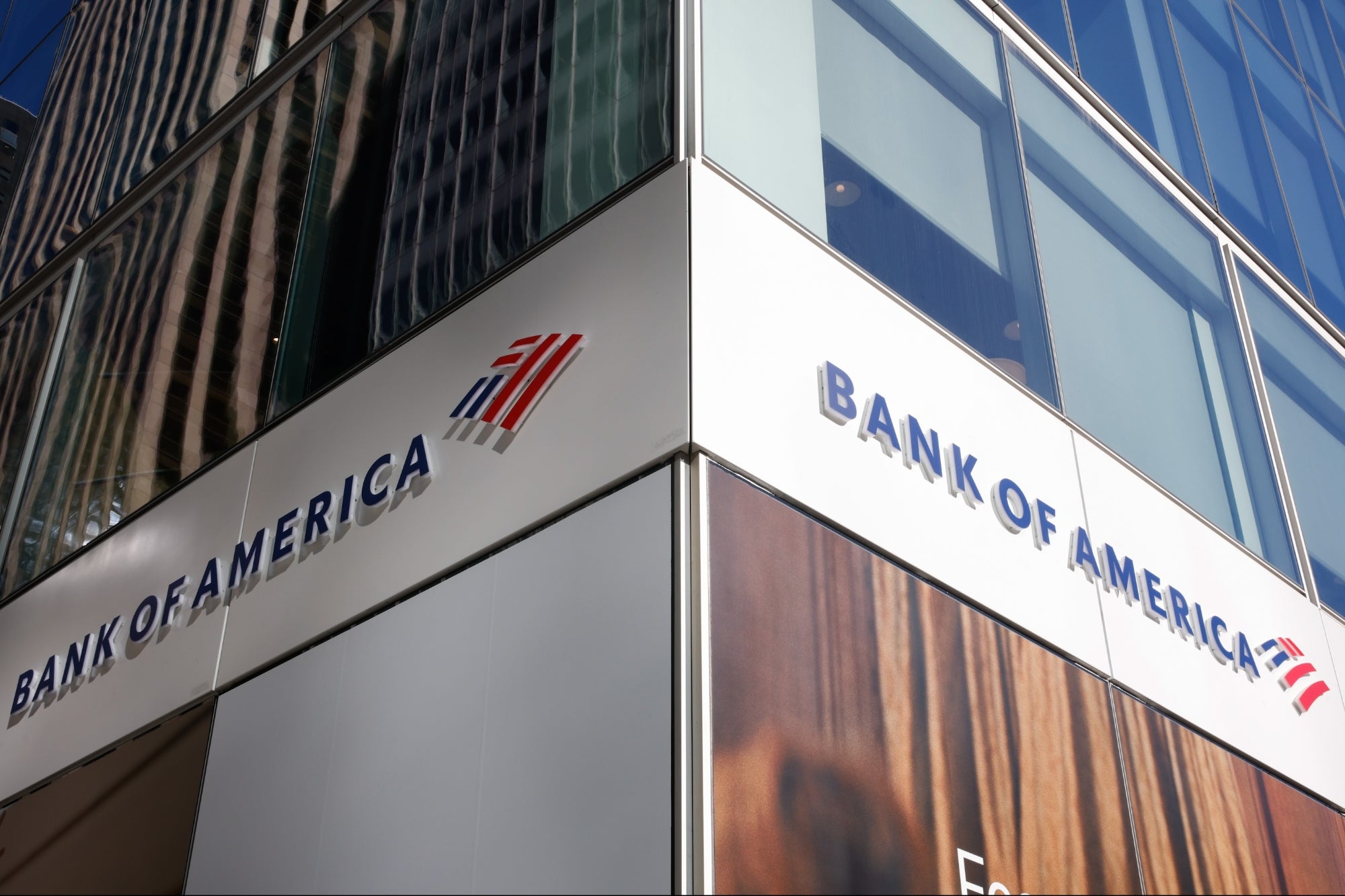Opinions expressed by Entrepreneur contributors are their own.
Hong Kong remains a highly sought-after location for international company incorporation. Recently, I have guided several startups through the process of Hong Kong incorporation. While the city’s low tax burden and minimal red tape are appealing, it’s increasingly the access to consumers and suppliers in megacities like Shanghai, Shenzhen and Guangzhou that draws entrepreneurs
In recent months, I’ve helped a major American jewelry company establish a Hong Kong entity to support trade between the U.S. and China. I’m also working with a Dutch quality control and sourcing firm to set up a Hong Kong base for managing their international operations.
Drawing on this experience, I’ll use this article to explain why Hong Kong continues to be a leading incorporation hub for SMEs and startups.
Related: 7 Reasons Why Hong Kong is Still Asia’s No. 1 Spot for International Business
Why Hong Kong in 2025?
According to the 2024 Hong Kong Annual Startup Survey, the number of startups in Hong Kong hit a record 4,694 in 2024. In total, the city now hosts 9,960 overseas and mainland China companies — another all-time high.
Its biggest drawcard remains its pro-business regulatory environment: The city was again named the world’s most free economy by Canada’s Fraser Institute in 2024, and it reclaimed its spot as Asia’s top financial center (and #3 globally) in the latest Global Financial Centres Index, overtaking Singapore.
This reflects certain long-term strengths that startups value in Hong Kong: openness to trade, strong property rights, a depth of financial expertise and a supportive financial infrastructure. This, in turn, translates into unparalleled access to capital for startups. The city is awash in capital providers – from traditional banks and private equity firms to an expanding roster of venture capital funds, angel investors and family offices.
And, of course, Hong Kong’s most singular advantage is its geographic and economic proximity to mainland China, the world’s second-largest economy and a vast market for any ambitious startup. Hong Kong sits at the doorstep of the Guangdong–Hong Kong–Macao Greater Bay Area (GBA), an integrated megaregion of 11 cities (including Shenzhen, Guangzhou and Macau) with over 86 million people and a combined GDP of around US$2 trillion.
The tax benefits of Hong Kong incorporation
Aside from the general economic prosperity of Hong Kong, its tax regime is also more friendly to new startups than virtually any other location.
Hong Kong has one of the world’s lowest effective corporate tax rates, thanks to a two-tiered profits tax system. Companies pay just 8.25% tax on their first HK$2 million of profits, and 16.5% on the remainder. For young startups, this means a minimal tax burden in the early growth stages.
A further benefit is that Hong Kong follows a pure territorial tax system – only profits earned within Hong Kong are taxable, while foreign-sourced income is exempt. A startup that incorporates in Hong Kong but earns revenue overseas can legitimately pay no local tax on its offshore earnings.
As an added bonus, Hong Kong imposes no value-added tax (VAT) or GST on goods and services, as well as no capital gains taxes on the sale of investments. This means investors can reap returns from Hong Kong startups without punitive tax leakage.
Related: This Asian Country is the Second-most Favorite Destination for Cross-border Investments
How to incorporate a startup in Hong Kong in 8 steps
Equally important as the tax benefits is the streamlined process for company incorporation in Hong Kong. Incorporating a company can be done online in a matter of days, often as fast as 5 business days for a fully remote registration
The process is straightforward and inexpensive compared to other cities in the region, requiring only a nominal capital contribution and a local secretary/address.
The steps to take are as follows:
- Choose a Business Structure. Most entrepreneurs choose a Private Limited Company due to its limited liability, separate legal entity status, and ease of compliance.
- Select a Company Name. Your company name must be unique and compliant. You can check name availability via the Companies Registry’s online search tool.
- Appoint Key Roles. You’ll need at least one director who is a natural person, one shareholder (can be a corporate entity) and a Hong Kong company secretary.
- Provide a Registered Address. You must have a local Hong Kong address for official correspondence. This can be your office or the address of your service provider.
- Prepare and File Incorporation Documents. File incorporation documents online or in person, including the Incorporation Form (Form NNC1) and Articles of Association. You’ll also need to submit a Business Registration Application.
- Pay the Government Fees. As of 2025, the Business Registration Certificate costs HK$2,200 for one year or HK$6,020 for three years, including the fee and levy. The Incorporation Fee is HK$1,720 for hard copy submissions or HK$1,545 if filed electronically.
- Open a Business Bank Account. Choose a traditional bank (like HSBC or Standard Chartered) or a digital alternative. Banks typically require proof of business activity and KYC documents.
- Apply for Any Licenses (if applicable). Certain industries (e.g., finance or food service) require special licenses. Check with the Business Licence Information Service (BLIS) if your business needs one.
In most cases, you can have your company incorporated within 5–7 working days, or even faster using a corporate services provider.
In conclusion, Hong Kong’s tax advantages, strategic location, regulatory framework and strong financial infrastructure make it a leading choice for international startup incorporation and business expansion. While entrepreneurs can handle the application process themselves, many find it valuable to work with a local corporate services provider to ensure a smooth setup and long-term success.
Hong Kong remains a highly sought-after location for international company incorporation. Recently, I have guided several startups through the process of Hong Kong incorporation. While the city’s low tax burden and minimal red tape are appealing, it’s increasingly the access to consumers and suppliers in megacities like Shanghai, Shenzhen and Guangzhou that draws entrepreneurs
In recent months, I’ve helped a major American jewelry company establish a Hong Kong entity to support trade between the U.S. and China. I’m also working with a Dutch quality control and sourcing firm to set up a Hong Kong base for managing their international operations.
Drawing on this experience, I’ll use this article to explain why Hong Kong continues to be a leading incorporation hub for SMEs and startups.
The rest of this article is locked.
Join Entrepreneur+ today for access.








